Women’s Sexual Issues
Common Women’s Sexual Issues
Many women deal with sexual issues throughout their lives. Some typical female sexual difficulties or issues may endure a short while, while others last for longer periods of time. About one-third of women experience unpleasant sexual problems, such as vaginismus, vulvadynia, or dyspareunia. Other elements including body image, sorrow, relationships, depression, and anxiety can also affect a woman’s sexuality. People receive little instruction about sex and sexuality, and the information they do receive is sometimes inaccurate or misleading.
The sections that follow contain details on a few of the common sexual disorders or challenges that women may encounter. Sex therapy or psychosexual therapy can help women and their partners have satisfying sexual relationships. Through sex therapy or sex
How Common are Common Women’s Sexual Problems?
- In 2003, one in two women said they had a sexual problems
- One in two women cited their disinterest to sex as a sexual problems
- Body image problems were listed by one in three as a typical women’s sexual issues
- One in three women were unable to have orgasm
- One in four women said they didn’t find sex enjoyable
- Vaginal dryness was listed as a typical sexual problems by one in four women
- One in five women said they experienced discomfort during sex
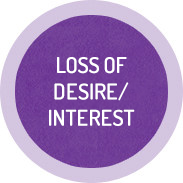
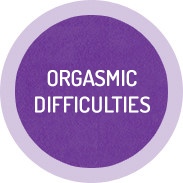
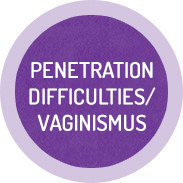
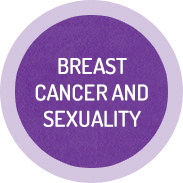

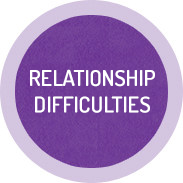
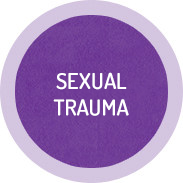
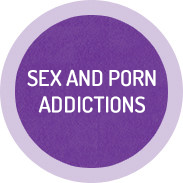
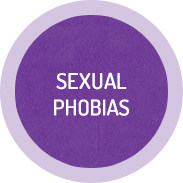
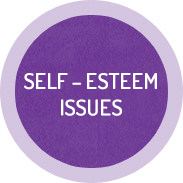
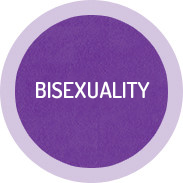
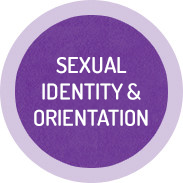
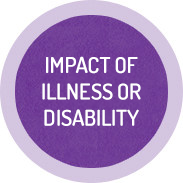













COLLINGWOOD OFFICE LOCATION
SYDNEY OFFICE LOCATION
Suite 201, Level 2/1 Erskineville Rd, Newtown NSW 2042
Telephone (02) 9188 4838

